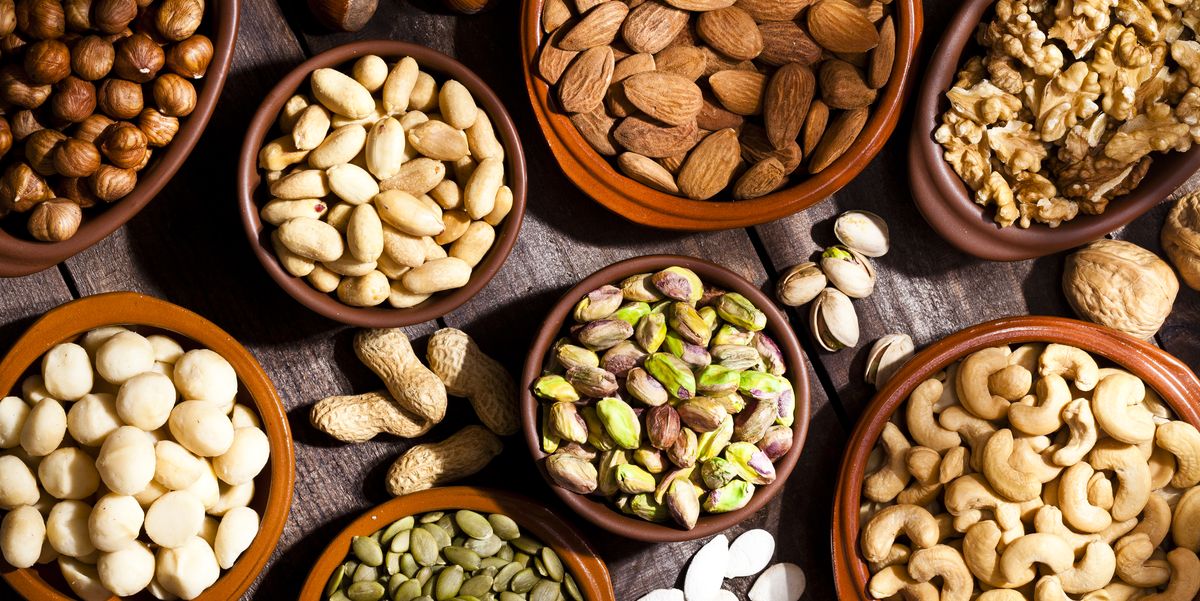Brits have been warned that two popular breakfast ingredients often seen in a traditional fry-up could be dangerous if you have high cholesterol. Having high cholesterol means you have too much of a fatty substance known as cholesterol in your blood.
Over time this can build up in the arteries causing blockages. Sometimes plaque can also break away and lead to a stroke or heart attack if it travels to the brain or heart.
Therefore it is vital to keep your cholesterol at what is considered a healthy level. This can include being careful about your diet, with some specific foods known to raise cholesterol.
Saturated fats are one of the worst culprits when it comes to cholesterol. As a result health bodies urge people to keep their saturated fat intake to a minimum – especially if you already have high cholesterol.
But what are the foods you should avoid? Many foods contain saturated fat, especially animal foods such as meat, butter and dairy products.
More specifically, experts at Harvard Health said: “What are the worst foods for high cholesterol? Red meat, fried foods, and baked goods are notorious for raising levels of low-density lipoprotein (LDL) cholesterol, the sticky kind that builds up in artery walls.”
They added: “It’s the foods that are high in saturated fat that you need to worry about, because they can raise your cholesterol levels and make you gain weight.” With this in mind they warned about two foods that are a popular breakfast food in the UK.
These are sausages and bacon, both of which are considered processed meat. In an article titled “four foods not to eat if you have high cholesterol”, Harvard Health experts advised people to avoid processed meat.
“Hot dogs, sausage, and bacon use the fattiest cuts of red meat, and therefore tend to be high in cholesterol and saturated fat,” they said. “Bacon and sausage made with turkey or chicken might seem healthier, and they are somewhat lower in cholesterol than the red meat versions, but they’re not cholesterol-free.”
Red meat consumption should also be kept to a minimum if possible. They continued: “Beef, pork, and lamb are generally high in saturated fat. Cut of meat like hamburger, ribs, pork chops, and roasts are highest in fat.
“You don’t have to avoid meat entirely, just eat it only on occasion. Limit yourself to the recommended three-ounce portion size and stick to leaner cuts like sirloin, pork loin, or fillet mignon.
“Better yet, replace meat with proteins that are lower in saturated fat and cholesterol, like skinless chicken or turkey breast, fish, and beans.” Other foods they advised against eating were fried food such as chicken wings, mozzarella sticks, and onion rings, and baked goods like cookies, cakes, and pastry.
When it comes to diet, the NHS recommends the following to keep your cholesterol levels under control. Try to eat more:
- Oily fish, like mackerel and salmon
- Brown rice, wholegrain bread and wholewheat pasta
- Nuts and seeds
- Fruits and vegetables.
Try to eat less:
- Meat pies, sausages and fatty meat
- Butter, lard and ghee
- Cream and hard cheese, like cheddar
- Cakes and biscuits
- Food that contains coconut oil or palm oil.
As a rough guide the NHS says healthy levels of cholesterol are:
- Total cholesterol – below 5mmol/L
- High-density lipoprotein cholesterol – above 1.0mmol/L for men or above 1.2mmol/L for women
- Non high-density lipoprotein cholesterol – below 4mmol/L.
If you are concerned about your cholesterol levels you should speak to your GP.


